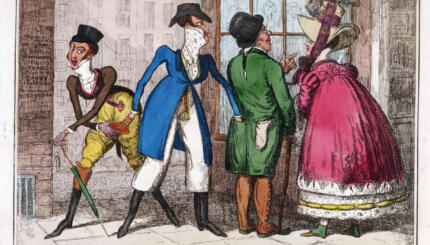Study
Havurah Judaism
The havurah movement and The Jewish Catalog blended Judaism with the 1960s counterculture.
Freedom: The Promise And The Challenge
"Freedom to observe, freedom to neglect," in the words of one 19th-century rabbi
Jewish Spiritual Crisis
In America around the turn of the 20th century, Jews had the freedom to not observe religion and rabbis were scarce.
Judaism and Stealing: What if it’s only a tiny theft?
The ways we justify theft cannot free us of its corrupting influence.
The Chabad Rebbe’s Yahrtzeit: The Third of Tammuz
Remembering the death of the Lubavitcher Rebbe
U.N. Security Council Resolution 242
The United Nations responds to Israel's territorial gains in the Six Day War.
Yom Kippur War Implications
The Yom Kippur War led to a fragile but lasting peace between Israel and Egypt.
Prisoner Rights vs. National Security
"A democracy must often fight with one hand tied behind its back."


